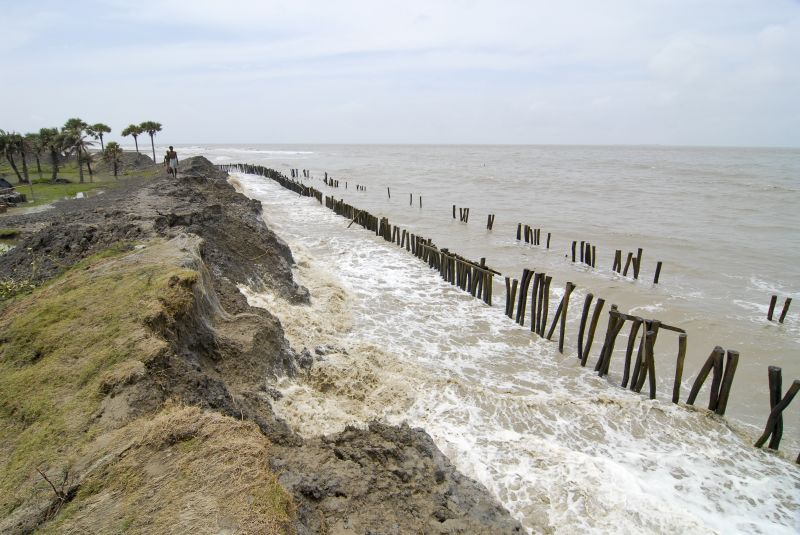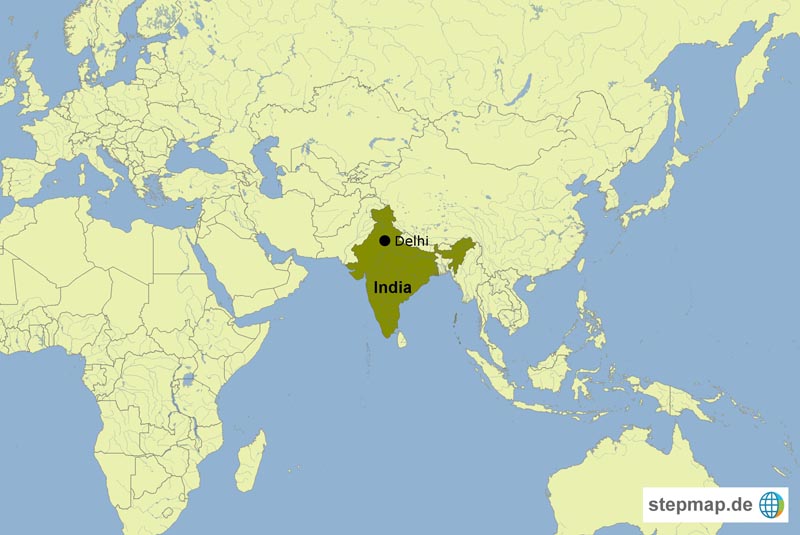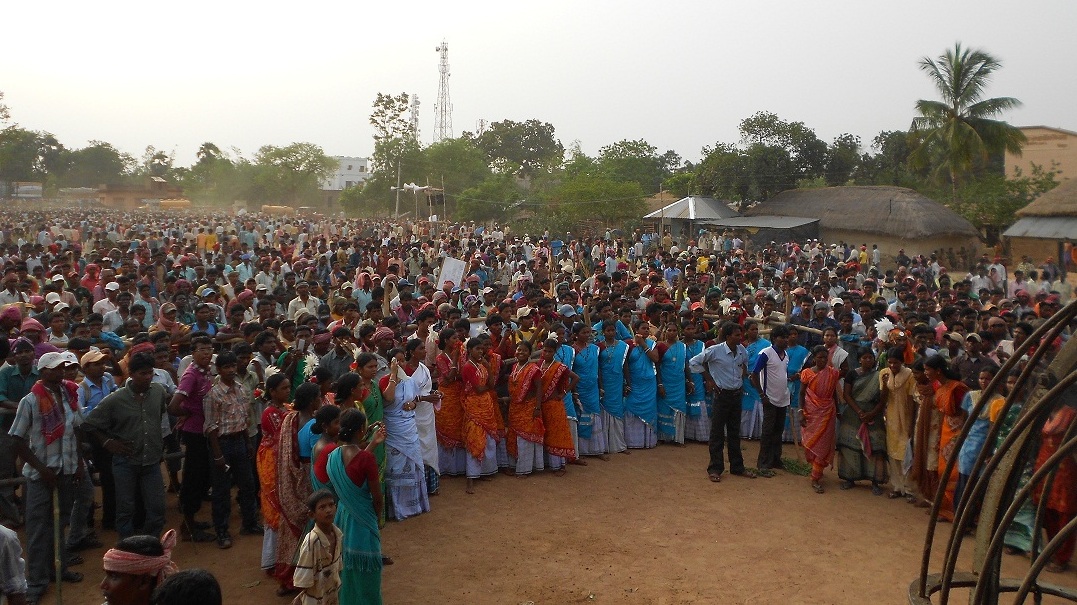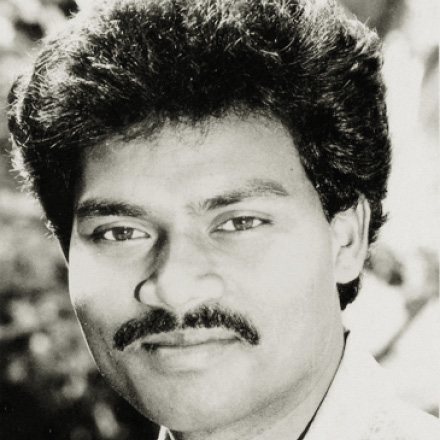Employment
Transcultural training
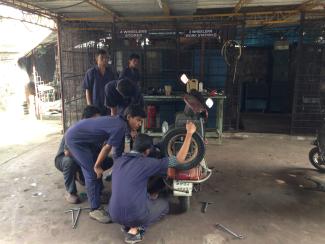
Why is the Don Bosco Development Society in Mumbai partnering with EDP?
Don Bosco is an international organisation, presently based in 132 countries across the world. Given this international character, we believe that partnering in international programmes is an enriching experience for all the participants. In Mumbai, Don Bosco works with various marginalised constituencies, which include youth, women and tribals. Since the EDP focuses on giving decision makers an opportunity to get a firsthand experience of the realities on development issues, we are happy to partner in this initiative.
What is your experience so far?
So far we have cooperated with the EDP in 2010, 2012 and 2013. Our experience has been extremely positive and enriching every time. The participants from Germany come with great openness and enthusiasm, eager to learn and to share their own expertise. It is an extremely novel experience for the host families in the slums to have foreign guests staying with them.
Why is personal contact so important?
The relationship between the participant and host family is the key to experiential learning on which the entire EDP process is built. Once a basic trust and comfort level is established, the participants are able to gain a comprehensive understanding of various issues concerning the family situation, including what the training means to the student and how it is going to make a difference to him and his family. Thus, the participants do not just gain some impersonal knowledge about vocational training, but they are able to personally relate to this issue. EDP does not only add concepts to the mind, it also touches the heart.
How do the host families rate their EDP experience?
The host families have been very happy with the participants. For them it is a unique opportunity to play host to foreign guests. Although it is a short stay, it does leave a lasting impression. It is an honour to receive guests, and doing so boosts people’s self-esteem. Marginalised people in India are not used to being appreciated by people who are better off, so making friends with wealthy visitors from abroad makes a huge difference. But let me add that, for Don Bosco, the EPD is also a good exercise in broadening its partnerships and perspective.
What do you consider the main EDP achievements?
- First of all, the objective of the EDP is to enable the German participants to gain an in-depth understanding of vocational training in India. They experience the family background of the students, learn about their aspirations and the possibilities the future offers them. We believe that at the end of each programme, the participants went back with these objectives achieved.
- Second, the programme has forged good links between the German corporate sector and the Don Bosco institutions here in Western India, and this in turn has enhanced the training being offered in the institutions.
- Finally, it has reinforced Don Bosco’s reputation as a global provider of vocational training.
The EDP emphasises dialogue with political leaders and business managers. Why does that matter?
Bringing politicians and private enterprises together is most valuable. It can lead to drafting better policies in support of vocational training, especially for the poor and disadvantaged. At the same time, the EDP has resulted in good corporate partnerships for us. Some German companies that have participated in EDP are now collaborating with Don Bosco Mondo, including Knorr-Bremse and Grohe. This has resulted in better training facilities, upgraded curricula and in some cases also joint certificates for those who graduate. These things obviously enhance graduates’ employability, which is our principle objective.
What are the challenges for welcoming EDP guests?
The main challenge is to find appropriate host families. While the students are happy to host the guests, there are always certain apprehensions – such as, will the guests be able to manage living in a slum? Explaining the concept of this programme to the parents of the students is also often a challenge, since they just can’t understand why people from abroad would want to stay with a slum family! On the other hand, the homes we choose must have at least a minimum level of comfort. There must be space for the guests to sleep and relatively clean bathing and toilet facilities. The first day, when the guests arrive in the host families, is another challenge. We need to bridge the cultural differences. However, once the initial awkwardness is overcome, everything falls magically into place.
In what sense would you say the programme is designed well?
The first point that has impressed us about the EDP is the precision with which it is planned. The organising team always makes a trip to India some weeks before the actual programme starts and visits every institution and host family. Besides this, every detail of the programme is minutely discussed and even rehearsed if possible. This has been a great learning experience for us. Moreover, the relationships formed between the participants and the host families in a matter of just three days are something remarkable. Some of the host family members even come to visit the participants before they fly back to Germany. Finally, new perspectives emerge during the dialogue days. It is interesting and inspiring to see our work through the eyes of outsiders. We gain new perspectives and get ideas on how to modify our training programmes.
Is non-formal training a good path towards employment?
India is still a developing country, and poverty has to be fought using various strategies. A key strategy is to empower young people with employable skills. In India, a large percentage of youngsters drop out of formal schools, so non-formal vocational training becomes almost the only means for them to gain employable skills. Non-formal training may not be the best in terms of upward career mobility, but it does help young people to find gainful employment. The important thing is that they learn the skills that industries require.
Is youth unemployment an issue in India?
Yes, it is. Unemployment among the age group of 15 to 29 is significantly higher than for people in general. That is true of young men and women, in urban as well as rural areas. Better training and skill development is therefore most important. And don’t forget that the situation is particularly difficult for youngsters from marginalised communities and remote areas. They suffer multiple inequities, so it is important to reach out to them and provide opportunities to them. Non-formal training is a good option in this context.
What are your recommendations for the future?
So far, the EDP has focused on vocational training and employment. Since Don Bosco also works on other issues such as women’s empowerment, environmental concerns etc, it would be useful to do future Exposure and Dialogue Programmes on some of these topics.
Questions by Sheila Mysorekar.
Pater Savio Silveira is the executive director of the Don Bosco Development Society, a faith-based Catholic non-governmental organisation in Mumbai, India. savioraj@gmail.com
